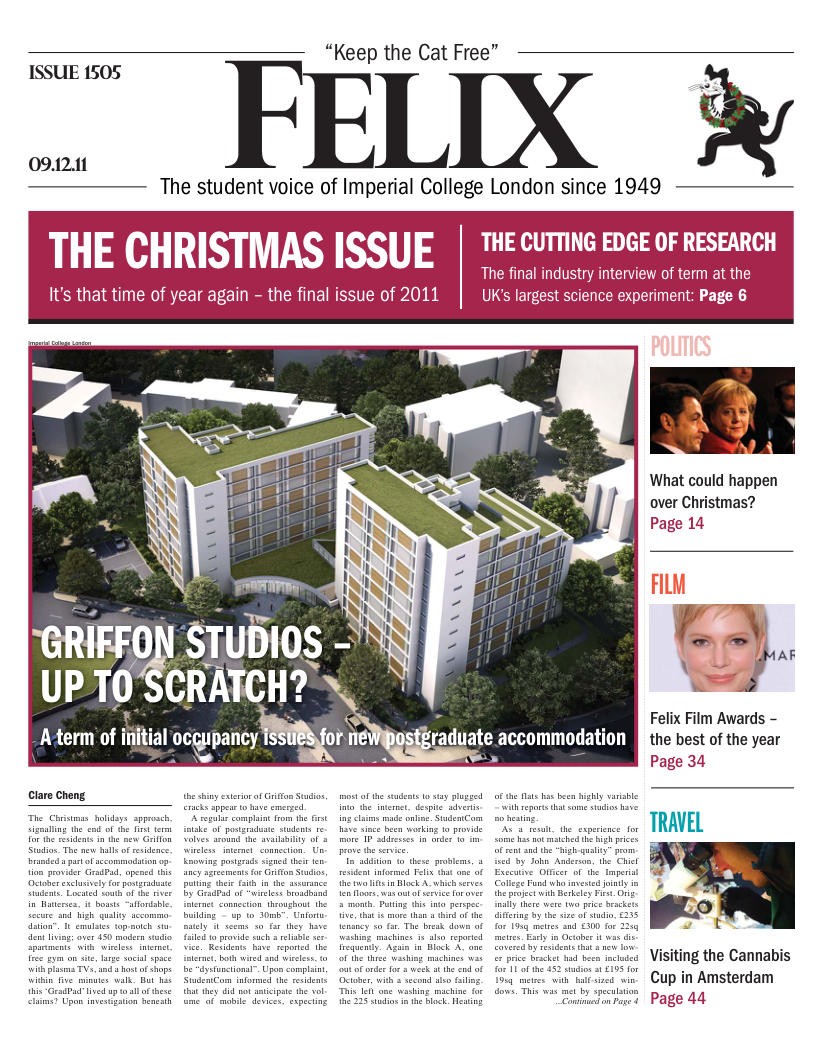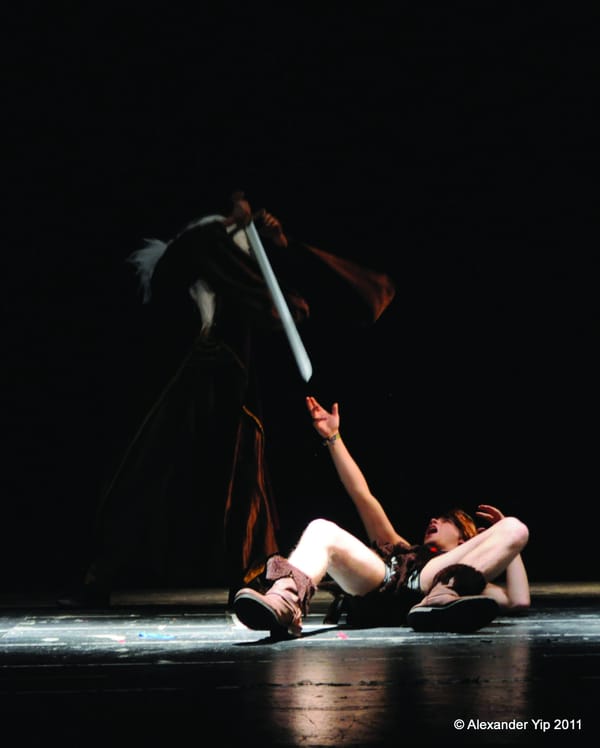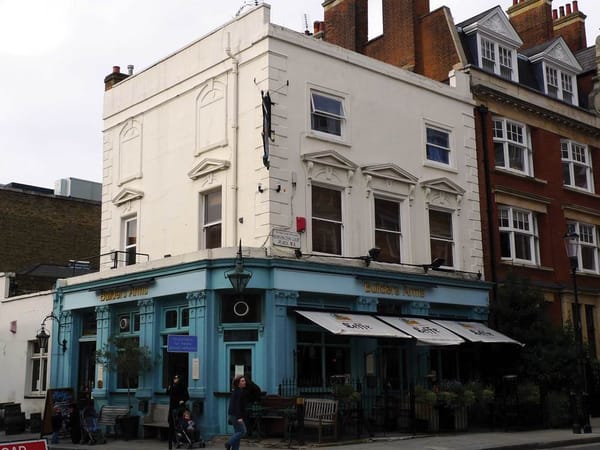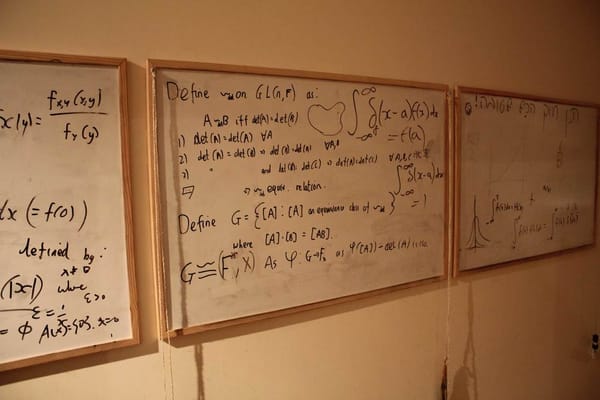Trauma on Chiltern Street
Trauma and Science come together to make new art
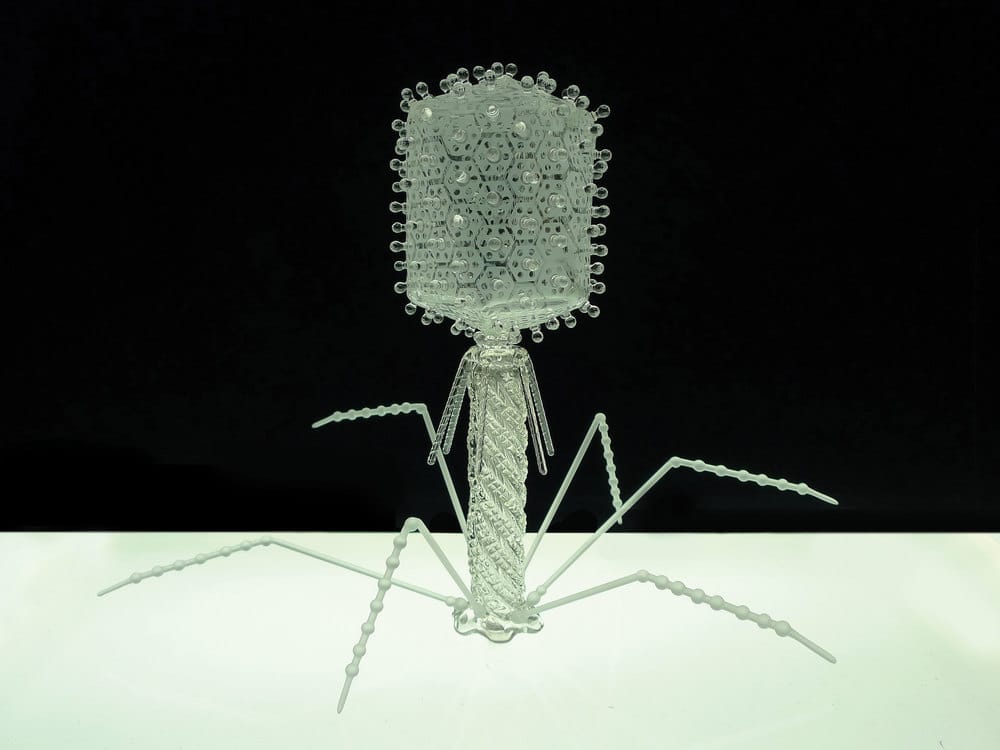
Trauma,GV Art’s new science-inspired exhibition revolves around the different manifestations of trauma. The exhibition explores physical and biological trauma, revealing the effect they have on those who suffer from them and investigating our own personal perception of them.
Science-inspired art goes beyond merely ripping off striking images of a scientific nature. It takes the knowledge beyond the lab and the blackboard, beyond the books, opening it up to be interpreted, to be put to measure with the human lives it affects.
Despite the diversity of materials and styles, the inner story of Trauma subtly weaves all the pieces together. Trauma itself is apparent in the violence and expressivity of the pieces, such as Andrew Krasnow’s Hollow Muscle that presents a sculpture made out of thick leathery strips contorted to form a heart out of human skin. However, upon reading the history behind the piece, the anguish acquires a new dimension as it is lit by the personal struggles of the artist.
In spite of the exhibition’s gloomy title, it is unlikely the viewer will leave with a bleeding heart, but rather with an enchanting feeling of fascination evoked by the hypnotising artwork, especially Luke Jerram’s glass sculptures or Susane Aldworth’s lenticular prints.
Luke Jerram’s glass sculptures magnify what is hidden to the human eye, revealing the beauty encapsulated in the perfect lethal geometry of a virus. The choice of clear glass as a medium strips his work of the distractions of colour and creates a mesmerising eye-catching gleam. Upon further reflection the viewer is drawn to consider how viruses such as HIV or malaria have scarred the lives of thousands of individuals; viruses are a constant menace on human life, with new breeds presenting daunting challenges for health specialists.
Susan Aldworth uses lenticular printing, a technique that allows images to change when viewed from different angles, to give an interpretation of the electrical outburst in the brain that occurs during an epileptic seizure, all based on her own personal experiences. This series of three prints presents fiery lines, smoothed by a white cloud as the viewer moves across them, invoking the mental image of a bright explosion.
For anyone interested in the encounter between the Arts and Sciences this is a must-see exhibition. However, I would definitely recommend it to anyone who, as a scientist, is interested in a novel take on his or her subject. With its unusual collection of pieces, it certainly does provide food for thought. As a final note, it is worthwhile to reflect on whether, in our highly technified twenty-first century society, science-inspired art will become what pop-art was to the consumerism-based sixties.
Trauma at GV Art, 49 Chiltern Street London W1U 6LY – December 1 2011 to February 18 2012

